
The Imperative of Precision Fuel Filtration in Modern Industries
In today's highly industrialized landscape, the integrity of fuel systems is paramount for operational efficiency, safety, and compliance. Unfiltered or poorly filtered gasoline can lead to significant issues, including engine damage, reduced performance, increased maintenance costs, and even catastrophic failures. This necessitates the use of advanced filtration solutions. A key component in safeguarding fuel quality, particularly during transfer or refueling, is the gasoline filter funnel. These specialized funnels integrate a high-efficiency filter medium, designed to remove particulate contaminants, water, and other impurities from gasoline before it enters a vehicle or machinery fuel tank. The effectiveness of such a device directly translates into prolonged engine life and optimized fuel combustion, making it an indispensable tool across various sectors where precise fuel management is critical. Understanding the underlying technology and application benefits is crucial for B2B decision-makers seeking reliable filtration solutions.
The demand for sophisticated fuel filtration, encompassing not just general particulate removal but also the separation of micro-fine contaminants and emulsified water, has surged. This trend is driven by stricter emission regulations, the widespread adoption of sensitive common rail injection systems in modern engines, and the increasing use of biofuels that are more prone to water absorption and microbial growth. Traditional fuel transfer methods often overlook these critical aspects, leading to premature wear of fuel injectors, pumps, and other vital engine components. Consequently, investing in a robust gasoline filter funnel or a high-performance gasoline filter screen has become a strategic decision, offering significant returns in terms of operational reliability and reduced downtime. Our solutions are engineered to address these evolving industrial challenges, ensuring superior fuel cleanliness and system protection.
Unveiling the Manufacturing Precision of Gasoline Filter Funnels
The manufacturing of a high-quality gasoline filter funnel is a complex process that demands precision engineering, material science expertise, and stringent quality control. It typically involves several stages, beginning with the selection of robust materials capable of withstanding the corrosive nature of gasoline and various environmental conditions. Common materials include high-grade stainless steel (e.g., SUS304, SUS316 for enhanced corrosion resistance), durable engineering plastics like high-density polyethylene (HDPE) or polypropylene (PP) for the funnel body, and specialized synthetic filter media (e.g., polyester, cellulose, or multi-layered composite materials) for the filtration element. The choice of material for the gasoline filter screen is critical to achieving the desired filtration efficiency and longevity, especially when considering the intricate structure of a gasoline strainer.
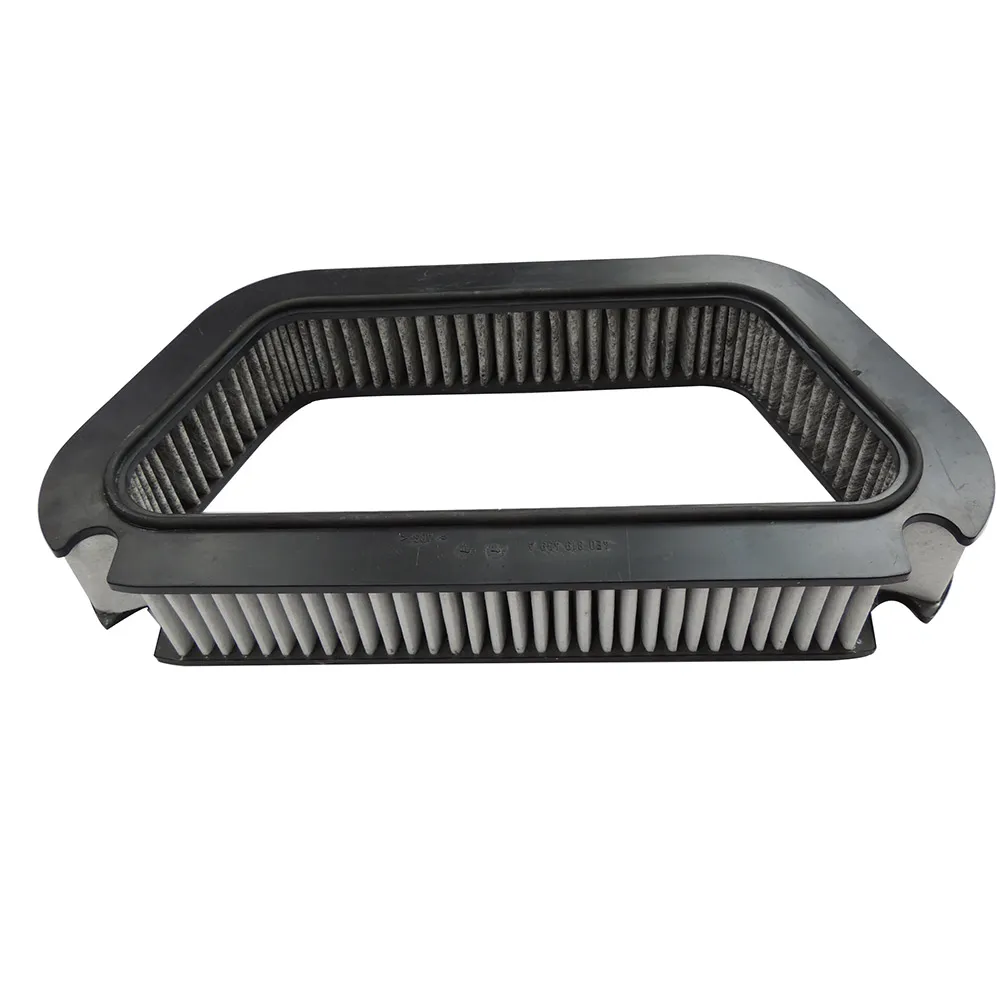
The manufacturing process often incorporates advanced techniques such as injection molding for the funnel body, ensuring dimensional accuracy and structural integrity. For metallic filter components or specialized funnels, precision CNC machining, stamping, or even welding processes might be employed to create the intricate filter mesh and housing. For example, a fine-mesh gasoline filter screen often undergoes a specialized weaving or sintering process to achieve precise micron ratings. Quality control is integrated at every stage, from raw material inspection to in-process checks and final product verification. This includes leak testing, flow rate testing, and particulate removal efficiency testing. Adherence to international standards such as ISO 9001 for quality management systems and specific ASTM standards for material properties and performance validation (e.g., ASTM D975 for diesel fuel quality which has similar particulate concerns, or ASTM D4176 for free water determination in fuels) ensures that each gasoline filter funnel meets the highest benchmarks for reliability and performance. This meticulous approach guarantees a long service life, typically ranging from several years to a decade under normal operating conditions, depending on the frequency of use and maintenance.
Key Technical Parameters of Gasoline Filter Funnels
Selecting the appropriate gasoline filter funnel hinges on understanding its critical technical parameters. These specifications dictate the funnel's suitability for specific applications, its filtration efficiency, and overall performance. Micron rating, for instance, is a paramount factor, defining the size of particles the filter can effectively capture. Common ratings for fuel filtration range from 10 microns (for finer filtration targeting small contaminants) to 100 microns (for coarser pre-filtration). Flow rate, measured in gallons per minute (GPM) or liters per minute (LPM), indicates how quickly fuel can be transferred through the filter without excessive back pressure, which is crucial for efficient operations. Material compatibility with various fuel types (gasoline, ethanol blends, diesel) and resistance to temperature extremes are also vital for long-term durability. Below is a detailed table outlining typical parameters for high-performance gasoline filter funnels:
| Parameter | Description | Typical Range/Value |
|---|---|---|
| Material (Body) | High-density Polyethylene (HDPE), Polypropylene (PP), Stainless Steel (SUS304/SUS316) | HDPE (Common), SS304 (Industrial) |
| Filter Medium | Synthetic Polymers (Polyester, Nylon), Cellulose, Sintered Metal Mesh | Composite Synthetic Media |
| Micron Rating | Particle size effectively removed (e.g., water separation capability) | 10 micron, 25 micron, 50 micron, 100 micron |
| Flow Rate | Volume of fuel filtered per unit time | Up to 5 GPM (19 LPM) for portable units |
| Operating Temperature | Recommended ambient temperature range for optimal performance | -20°C to +60°C (-4°F to +140°F) |
| Dimensions (Overall) | Height, Diameter, Funnel Opening Diameter | Varies by model; e.g., 9" H x 8.5" D |
| Capacity | Volume of fuel the funnel can hold before filtration | Up to 3-5 Liters |
These parameters are critical for proper application matching. For instance, a 10-micron gasoline filter funnel would be ideal for highly sensitive fuel injection systems, whereas a 50-micron gasoline strainer might suffice for simpler carbureted engines. Understanding the flow rate ensures that refueling operations are not unduly delayed. For industries where fuel quality directly impacts operational uptime, such as mining or marine transport, these specifications are non-negotiable. The reliability and efficiency of a gas filter cost analysis should always factor in these technical capabilities against potential savings from reduced equipment wear and fewer fuel-related breakdowns.
Industry Applications and Distinct Advantages
The versatility of a well-engineered gasoline filter funnel extends its application across a broad spectrum of industries, each benefiting from its core function of ensuring fuel cleanliness. In the Petrochemical Industry, where bulk fuel transfer is common, these funnels serve as a crucial first line of defense against contaminants introduced during storage or transport, safeguarding downstream processes and equipment. For Metallurgy and Heavy Machinery, particularly in mining and construction, equipment operates in harsh, dusty environments. Here, preventing particulate ingress into fuel tanks is paramount to avoid premature wear of high-value engines and machinery. A robust gasoline strainer is indispensable for maintaining equipment reliability and uptime.
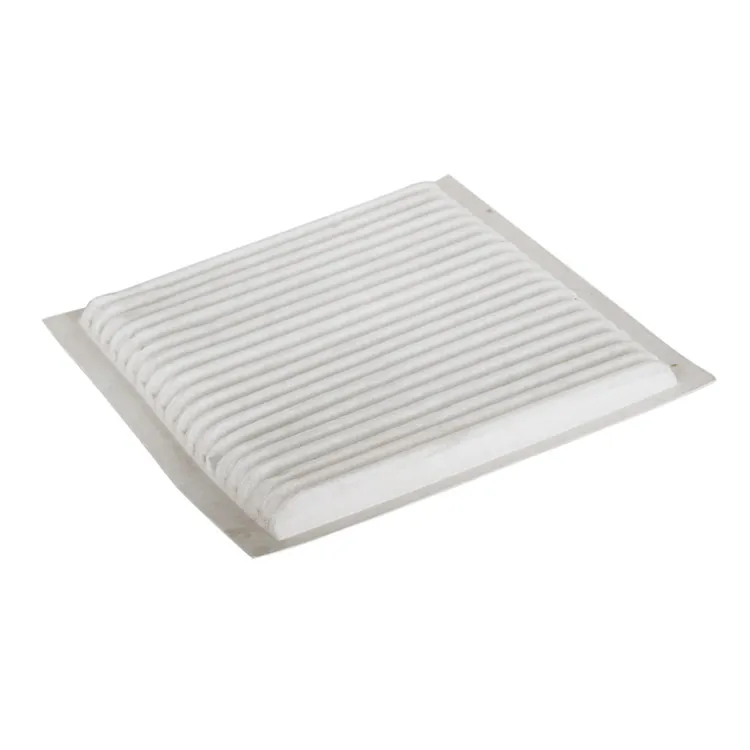
In the Power Generation Sector, whether for backup generators or prime movers, contaminated fuel can lead to critical power interruptions. Utilizing a gasoline filter funnel during refueling ensures consistent power output and extends generator lifespan. For Marine and Shipping, where engine reliability is directly linked to safety and operational schedules, the funnel's ability to separate water from gasoline is particularly valuable, mitigating issues like fuel-system corrosion and microbial growth in tanks. The Automotive Aftermarket and Service Centers also rely heavily on these tools for clean fuel delivery during vehicle maintenance, protecting sensitive fuel injection systems from impurities present in fuel drums or jerry cans. Our filtration solutions are designed not just for particulate removal but also for effective water separation, which is often a significant contaminant in fuel storage. This capability leads to substantial advantages, including enhanced energy efficiency due to cleaner combustion, superior corrosion resistance for fuel system components, and significantly reduced maintenance downtime, ultimately lowering the overall gas filter cost over the equipment's lifecycle.
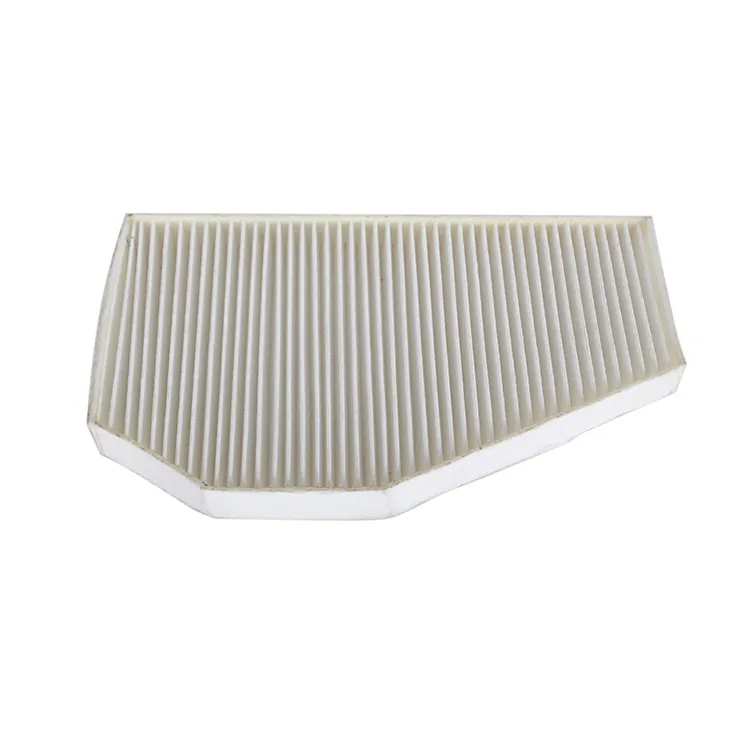
Ensuring Trust and Authority: Our Commitment to Quality and Support
Our dedication to engineering superior filtration solutions is underpinned by a steadfast commitment to industry best practices, stringent quality assurance, and comprehensive customer support. We adhere rigorously to international standards such as ISO 9001:2015, ensuring that every gasoline filter funnel and related product is manufactured under documented, repeatable processes that guarantee consistent quality and performance. Our filter media are often certified to meet specific performance criteria for particulate retention and water separation, providing verifiable data on efficiency. We leverage over 20 years of experience in the filtration industry, collaborating with leading enterprises across petrochemical, automotive, and industrial sectors. This extensive service history and deep industry knowledge enable us to deliver solutions that are not just products, but integral components of our clients' operational success.
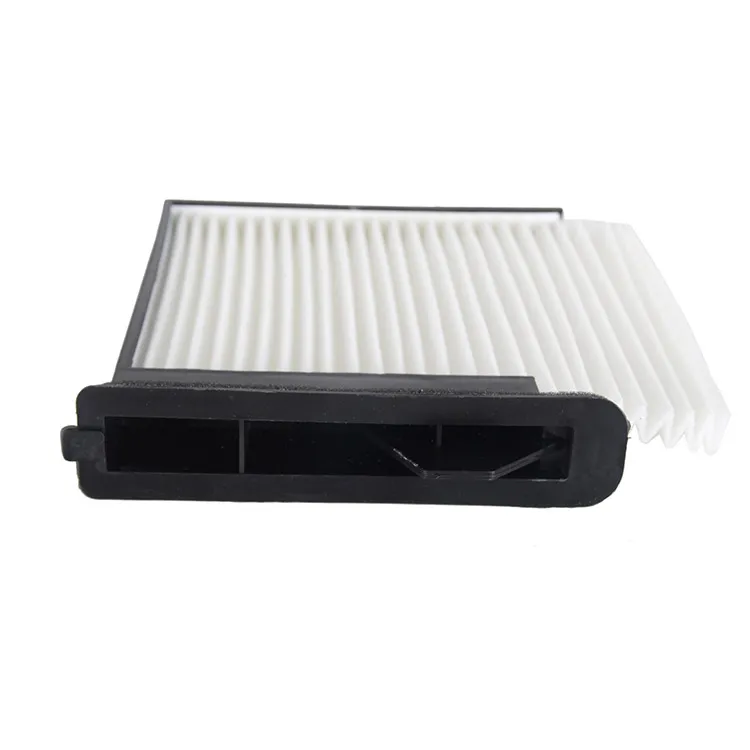
Our reputation for reliability is built on tangible evidence. Our in-house testing facilities conduct rigorous performance assessments, including flow rate validation, burst pressure tests, and multi-pass efficiency tests for our gasoline filter screen, ensuring compliance with specified micron ratings. We often receive positive feedback from clients detailing how our gasoline strainer solutions have significantly reduced engine breakdowns and fuel system maintenance. For example, a recent case study with a marine logistics firm reported a 30% reduction in fuel injector fouling after integrating our advanced gasoline filter funnel into their refueling protocols. Such testimonials underscore our product efficacy and the value we bring to critical operations. The gas filter cost becomes an investment that rapidly pays for itself through enhanced operational continuity.
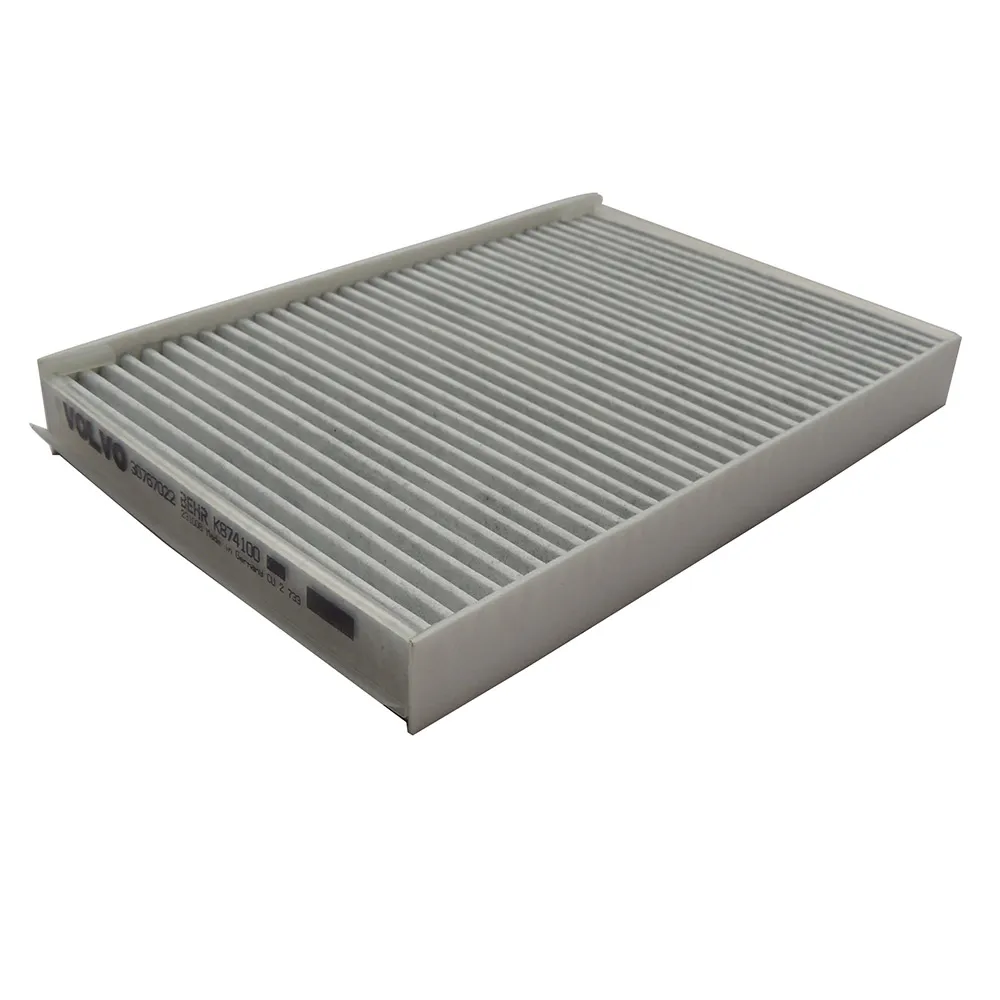
Tailored Solutions and Client-Centric Support
Understanding that each industry and application presents unique challenges, we offer flexible customization options for our gasoline filter funnel products. Whether it’s adjusting flow rates, specifying particular micron ratings for the gasoline filter screen, or using specialized materials for extreme operating conditions, our engineering team works closely with clients to develop tailored solutions. This includes custom funnel designs to fit specific tank openings or specialized coatings for enhanced chemical resistance. Our design capabilities extend to integrating different types of gasoline strainer elements, allowing us to cater to precise filtration needs, from general purpose to high-precision fuel clarity requirements. This collaborative approach ensures that the final product is perfectly aligned with operational demands, maximizing efficiency and return on investment.
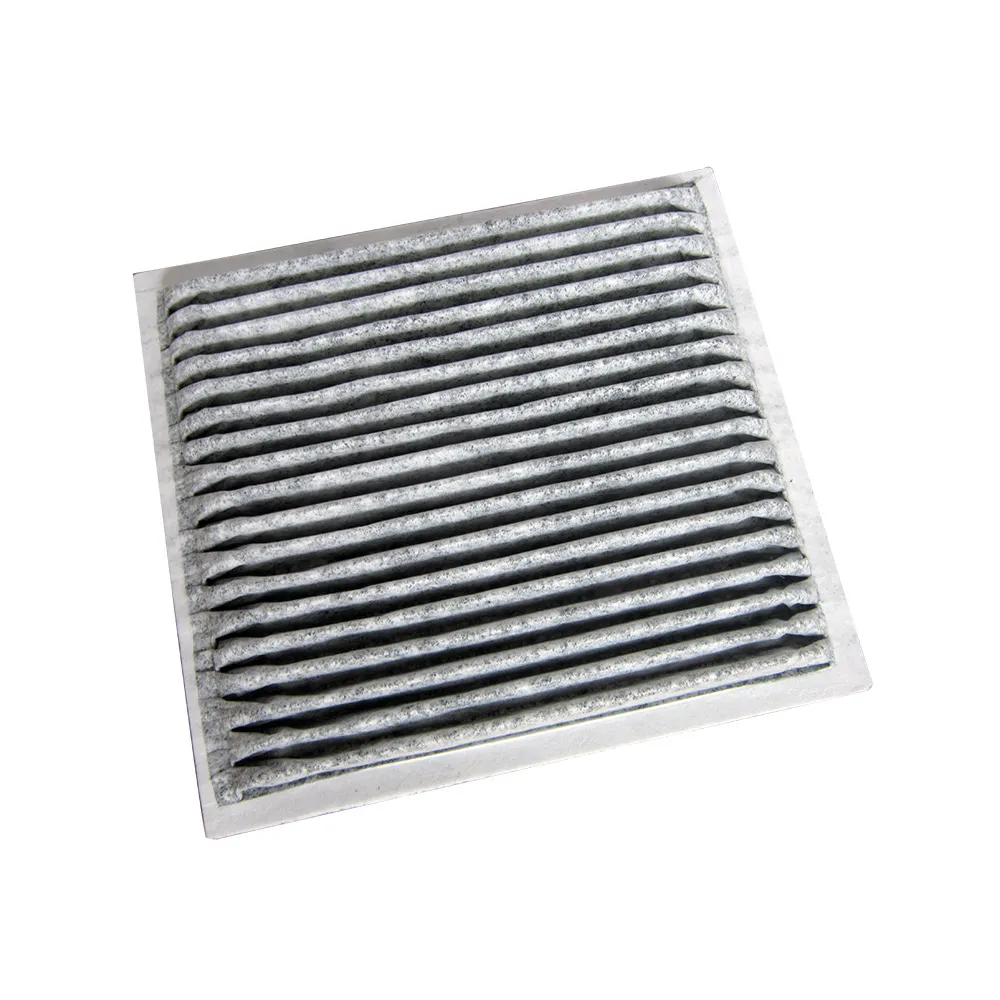
Our commitment to our clients extends beyond product delivery. We provide comprehensive support that includes technical consultation, post-sales assistance, and a transparent warranty policy typically covering material and manufacturing defects for a period of 1 to 2 years, depending on the product type. Our standard delivery lead times for in-stock items range from 3-7 business days for domestic orders and 7-20 business days for international shipments, with expedited options available for urgent requirements. For custom solutions, lead times are discussed and agreed upon during the design phase. We believe in empowering our clients with knowledge, which is why we also offer a detailed FAQ section to address common inquiries regarding our gasoline filter funnel products, their maintenance, and troubleshooting. Our responsive customer service team is always ready to provide expert advice and support, ensuring a seamless experience and reinforcing the long-term value of your gas filter cost investment.
Frequently Asked Questions (FAQ) about Gasoline Filter Funnels
Q: How often should a gasoline filter funnel be cleaned or replaced?
A: The frequency depends on the fuel cleanliness and usage. For general industrial use, inspect the gasoline filter screen for visible contamination before each use. While the funnels are designed for longevity, if flow rate significantly decreases or if the filter media appears heavily clogged or damaged, it's time for cleaning or replacement. Many models feature replaceable filter elements, which extends the life of the entire unit. Regular cleaning, following manufacturer guidelines, can significantly prolong the funnel's effective service life and ensure consistent filtration performance.
Q: Can a gasoline filter funnel remove water from fuel?
A: Yes, many advanced gasoline filter funnel models are specifically engineered with hydrophilic/hydrophobic filter media that effectively separate free water from gasoline. These specialized filter media repel water while allowing fuel to pass through, causing water droplets to coalesce and be retained by the filter or collected in a designated chamber. This water-separation capability is crucial for protecting fuel systems from corrosion and microbial contamination, making them a more comprehensive solution than a simple particulate gasoline strainer. Always verify the water separation capabilities in the product specifications for critical applications.
Q: What is the primary difference between a gasoline filter screen and a gasoline strainer?
A: While often used interchangeably, a "screen" typically refers to a coarser mesh filtration element, primarily designed to block larger debris. A "strainer" generally implies a similar function but might include slightly finer mesh or be part of a simpler, less robust filtration mechanism. A "filter," particularly in the context of a gasoline filter funnel, denotes a more advanced system capable of capturing much finer particulate matter (measured in microns) and often includes water separation capabilities. Filters typically offer higher efficiency and greater protection than basic screens or strainers, and their gas filter cost reflects their advanced capabilities.
References
- ASTM International. (n.d.). _ASTM D4176 - Standard Test Method for Free Water and Particulate Contamination in Distillate Fuels (Visual Inspection Procedures)_.
- ISO (International Organization for Standardization). (n.d.). _ISO 9001 - Quality management systems - Requirements_.
- Society of Automotive Engineers (SAE International). (n.d.). _SAE J905 - Fuel Filter Test Method_.
-
The Hidden Benefits of Proper Cabin Filter Use in Your VehicleNewsJul.31,2025
-
Replacing Your Gasoline Filter at HomeNewsJul.31,2025
-
How Often Should You Replace Your Car Air Cabin Filter?NewsJul.31,2025
-
How Much Does a Car Air Filter Cost?NewsJul.31,2025
-
Car Fuel Filter Price GuideNewsJul.31,2025
-
Best Car Air Purifiers for Allergy SufferersNewsJul.31,2025
-
Vehicle Performance with Premium Car Filter SolutionsNewsJul.02,2025
Related Products




